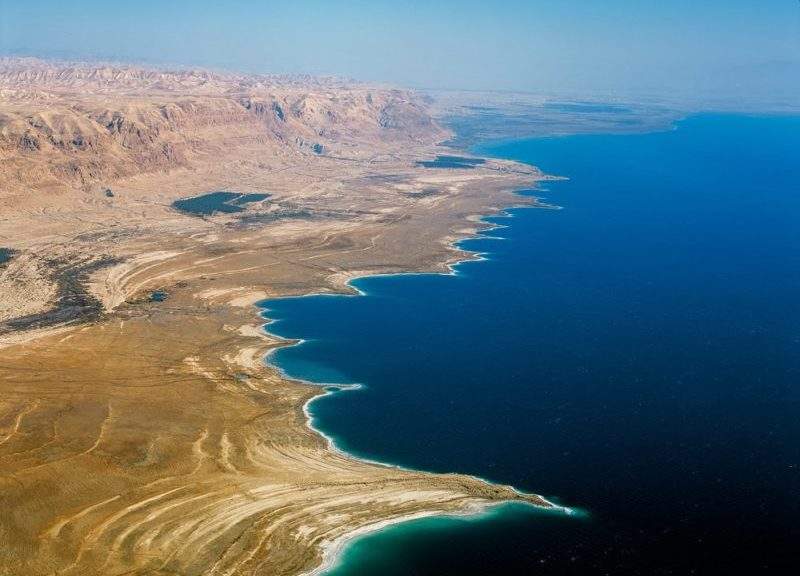
The Israeli Government is set to re-negotiate an agreement with mineral extraction company Israel Chemicals by 2022, eight years earlier than expected, following revelations about the destructive consequences of the company’s mining operations on the Dead Sea.
The sea is losing between 700 million and 800 million cubic metres of water every year, of which up to 350 million is believed to have been caused by mining around the body of water, which borders Israel, Palestine and Jordan.
The Israeli Government is aiming to tighten regulations which determine the scale of the company’s operations at the Dead Sea Works project. The government relinquished direct control of the operation in the 1990s, agreeing a 70-year concession with Israel Chemicals, but retained a ‘golden share’ in the operations. This granted the government some oversight, and required that it be consulted ahead of any new investments. The government aims to use this influence to re-tender the Dead Sea mining concession in 2022, eight years before the current agreement is due to expire in 2030.
The new tender is expected to establish stricter pumping limits for the operation, provide financial incentives for the project to use less water, and reduce the amount of land available for quarrying and drilling works, according to a report published in May.
“This is a one-time opportunity, as the concession comes to an end and we enter a new period, to set standards for the factory’s operations and the environmental impact on the whole area,” said Galit Cohen, deputy director-general for policy and planning at the Israeli Environmental Protection Ministry, and member of the committee which published the report.
Cohen and the committee aimed to balance the Dead Sea Works’ profits and environmental impacts, and suggested that renegotiating the concession would push Israeli Chemicals to use less environmentally destructive practices. She said that without a new agreement, “they have no incentive to reduce the amount of water they pump or think about from where they get the earth to build their dikes.”

US Tariffs are shifting - will you react or anticipate?
Don’t let policy changes catch you off guard. Stay proactive with real-time data and expert analysis.
By GlobalDataIsrael Chemicals generated revenue of $5.4bn in 2017, and produced 3.7 million tonnes of potash at the Dead Sea Works in 2017, contributing to the company’s position as the world’s sixth-largest producer of potash. Just 2.1 million tonnes were produced by Arab Potash, which has exclusive rights to land on the Jordanian side of the sea. Israel Chemicals claims that there is a ‘virtually unlimited supply’ of potash at the site; finalising an agreement that guarantees both environmental security and financial stability is of great importance to both the company and the Israeli Government.
The government expects Israel Chemicals to agree to the proposal, as it will have the right of first refusal for a new deal. The current concession includes an article that returns some power over the Dead Sea Works to the government in 2020.
The proposed tender is the latest attempt to overturn a disintegration of the Dead Sea that has been taking place since 1950, when water began to be diverted from the Jordan River. The volume of water flowing in the river dropped from 1.2 billion cubic metres per year to less than 200 million, with mineral extraction in the region amplifying the issue to the point where it has been estimated that the sea could be completely dried out within 30 years unless action is taken.



